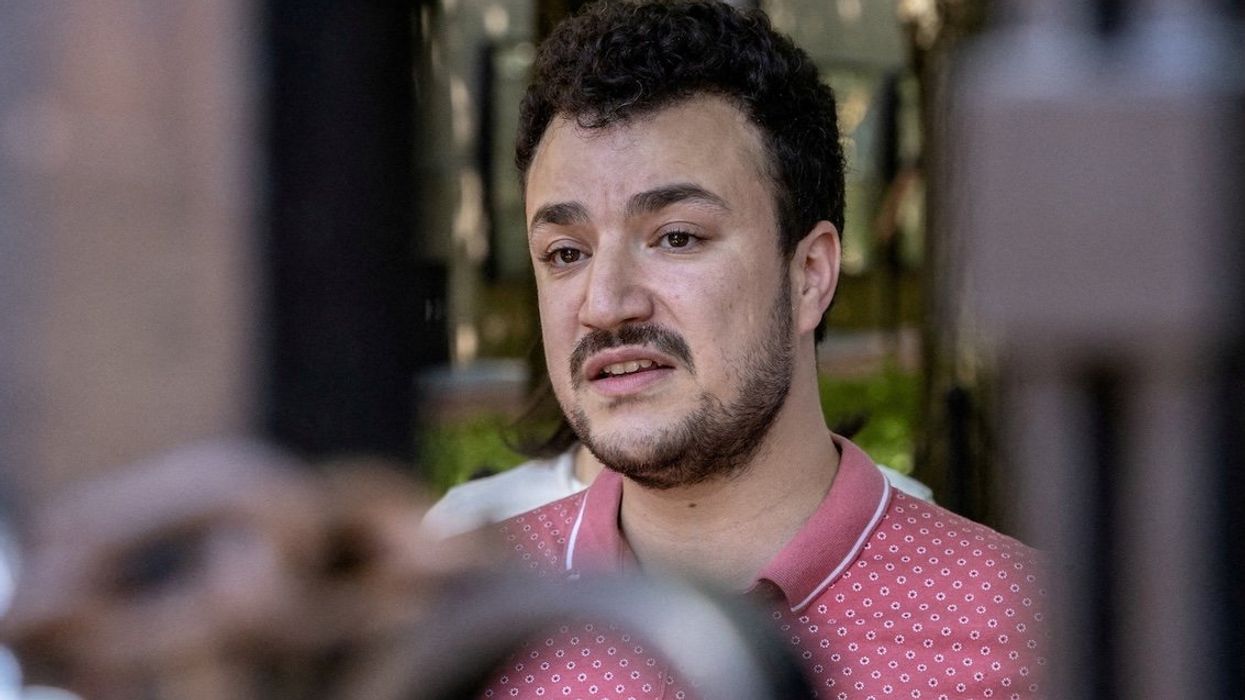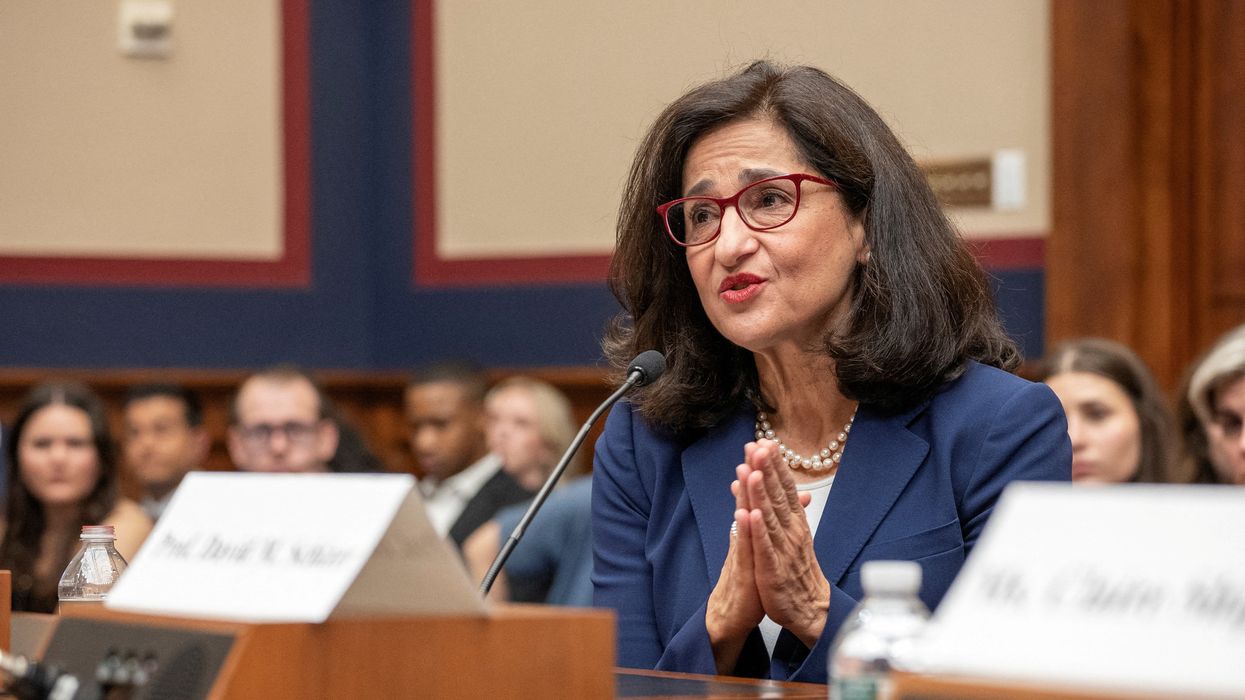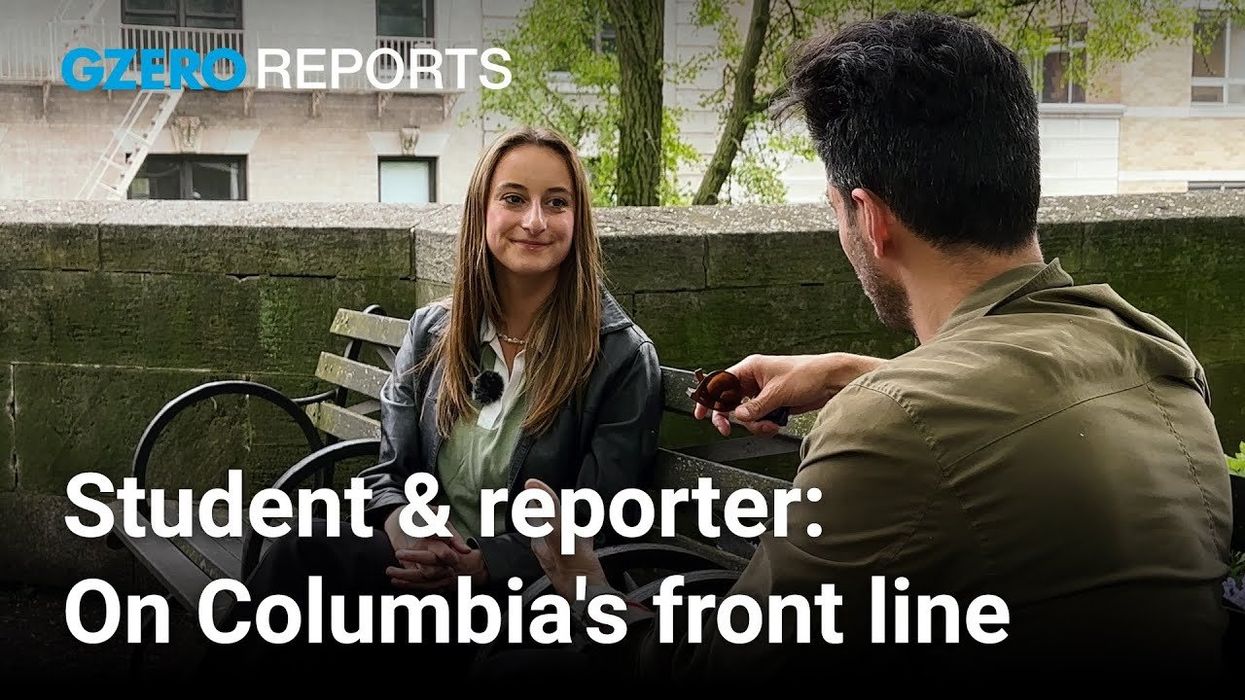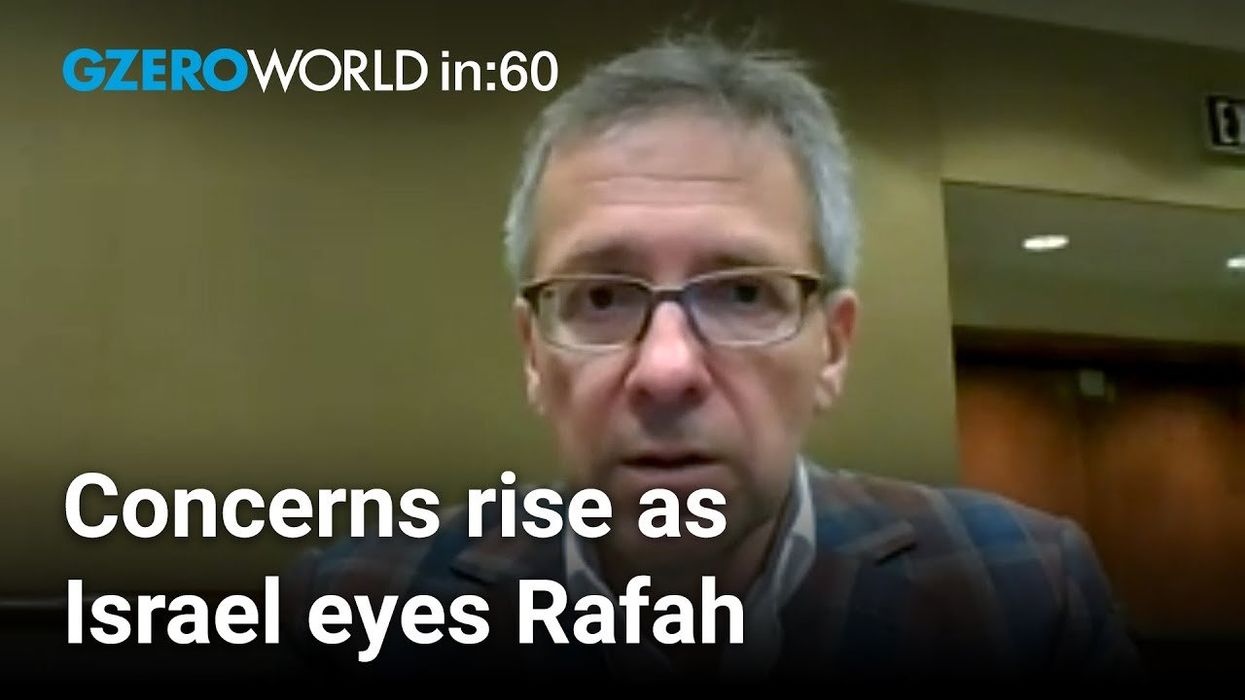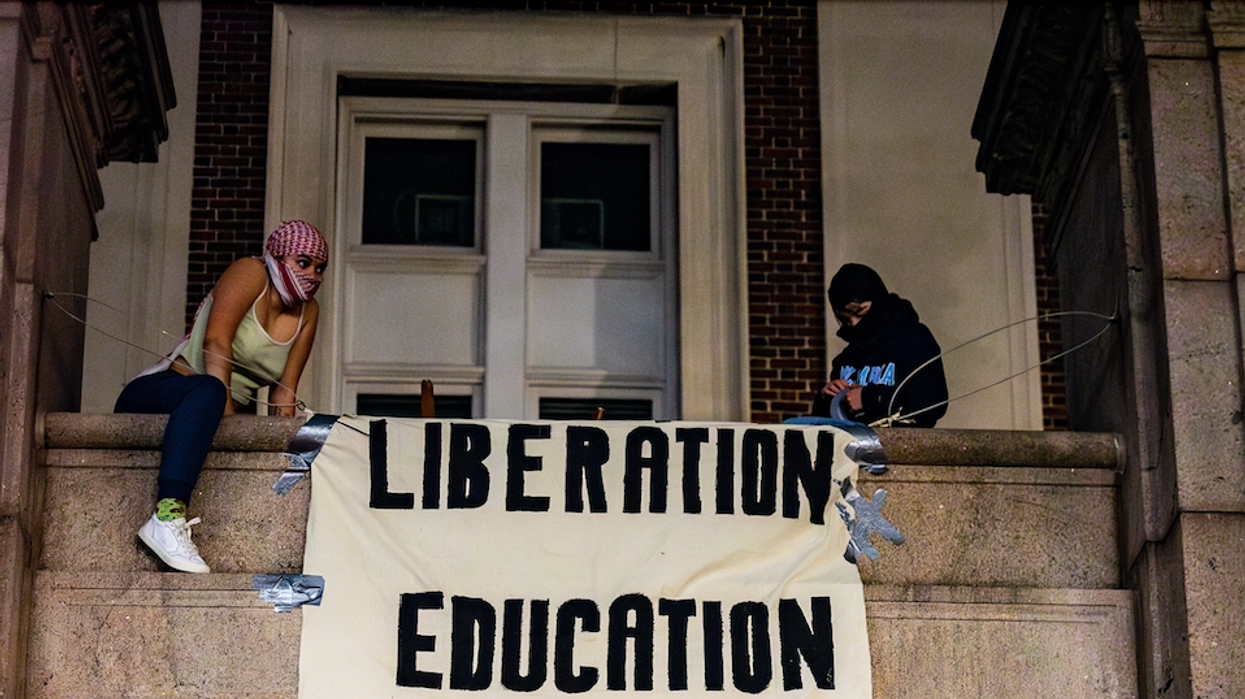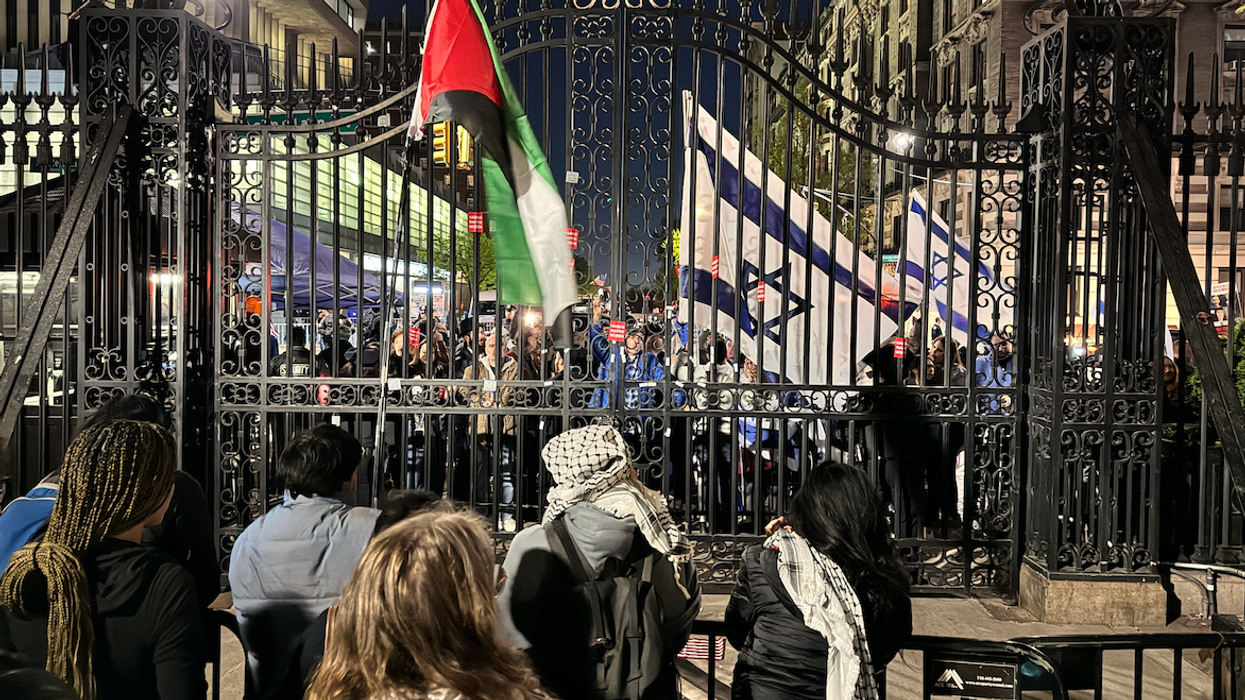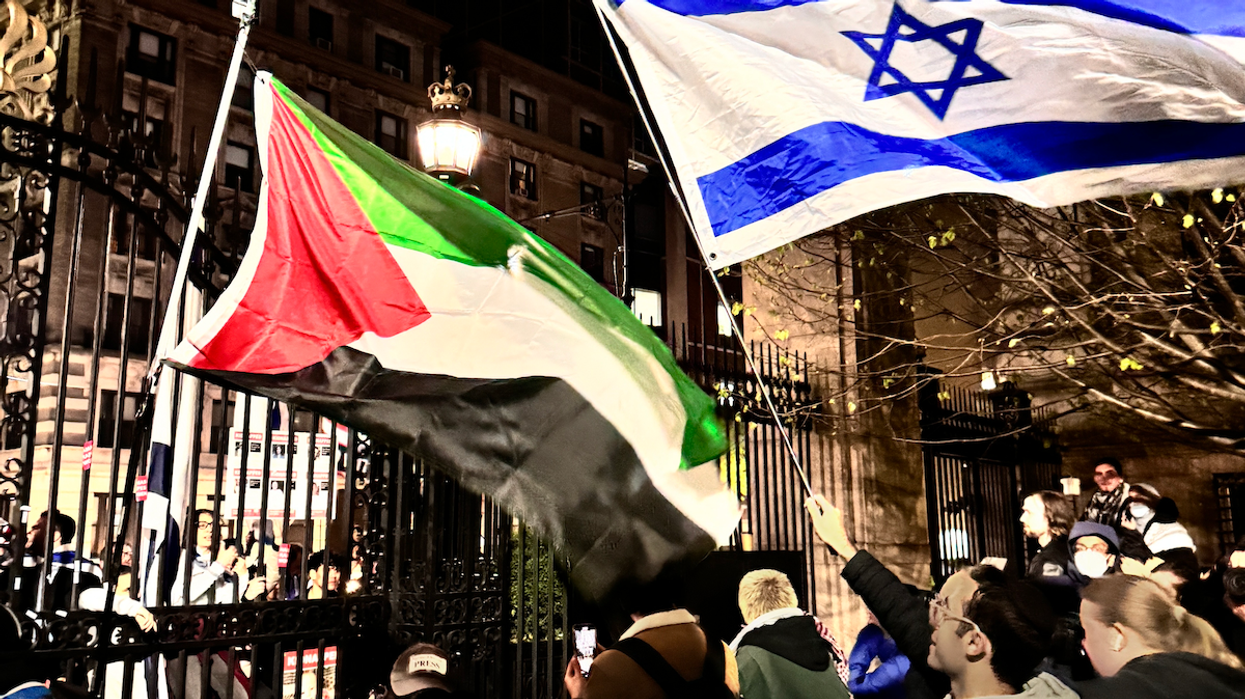GZERO Explains
GZERO Explains: Where do things stand for Mahmoud Khalil?
The court battle over whether the US can deport Mahmoud Khalil, the 30-year-old Palestinian-Algerian activist detained in New York last Saturday, began this week in Manhattan. Khalil, an outspoken activist for Palestinian rights at Columbia University, was arrested Saturday at his apartment in a university-owned building at Columbia University by Immigration and Customs Enforcement officers, and he is now being held in an ICE detention center in Louisiana.
Mar 13, 2025
